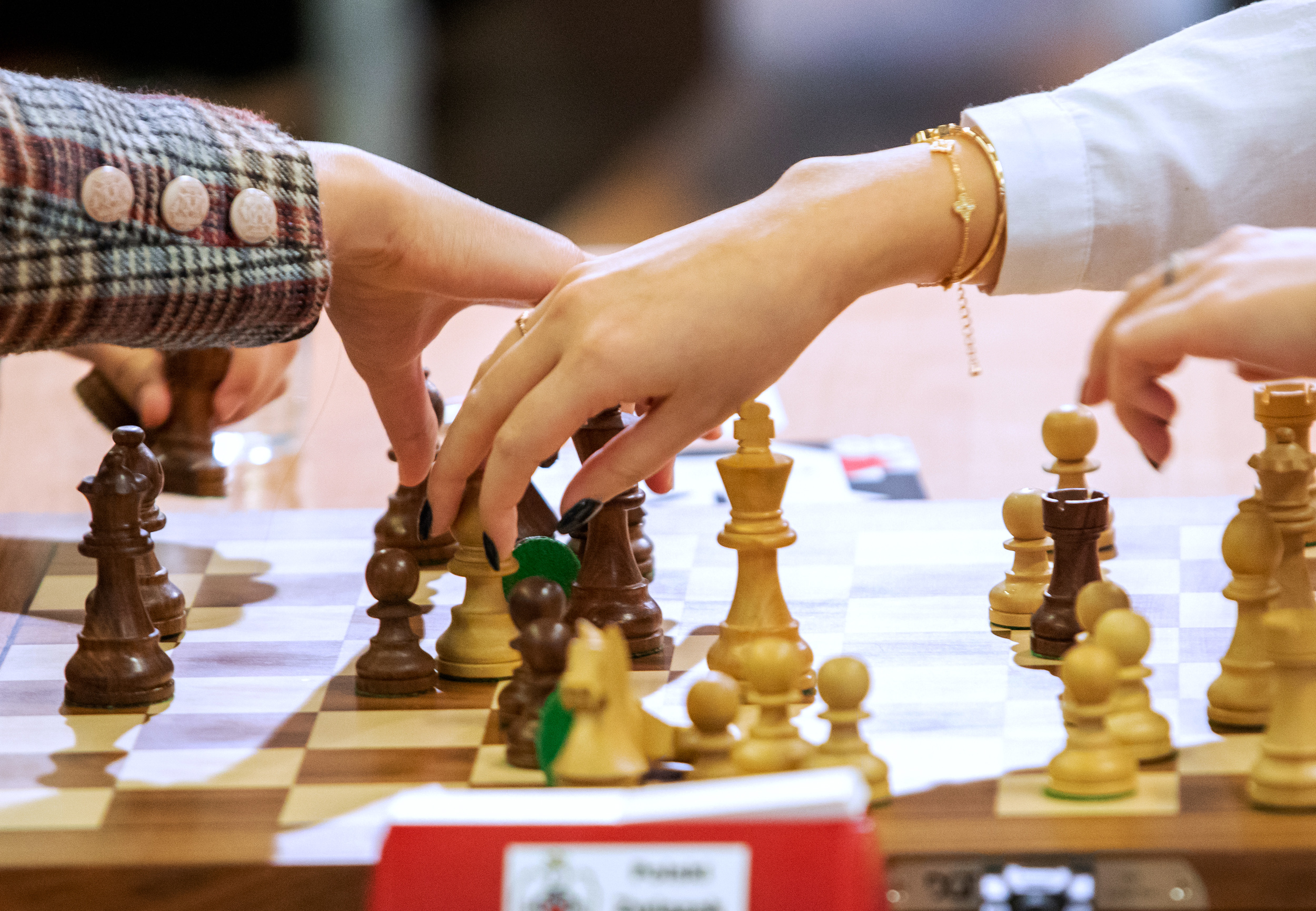The international governing body of competitive chess has effectively banned transgender women from competing and undressing trans men who have already won women’s titles.
In his guides for transgender competitors released on Monday, the International Chess Federation, or FIDE, said that players who transition from male to female have “no right” to compete in the game against cisgender women, or those who are not trans, until its officials complete “further analysis” of the issue. The governing body has given itself a timeline of no more than two years to complete its review.
The guidelines also state that women’s titles currently held by trans-male competitors “must be abolished” and may be transferred to a general title of the same or lower level. The federation says that if a trans male competitor “changes gender back to a female,” the women’s titles can be changed.
On Thursday, a FIDE spokesperson said in a statement that the “lack of regulations in the past caused ambiguity” in registering trans players to compete. The spokesperson added that FIDE officials needed time to study the “rapidly developing” legislation on trans issues, “without rushing it.”
“Any further decisions related to the admission of players to official FIDE women’s events require a more thorough analysis to be carried out and further decisions taken of the Council,” the spokesperson said. “In the meantime, transgender players are allowed to participate in the open section of official FIDE chess tournaments.”
LGBTQ advocates have criticized the guidelines, and some critics say the new rules suggest that cisgender men and transgender women are smarter than cisgender women.
“Really? Chess?†the National Center for Transgender Equality wrote Wednesday on X, formerly known as Twitter. “It’s so insulting to cis women, to trans women, and to the sport itself. It assumes that cis women can’t compete against cis men — and relies on ignorant anti-trans people idea.
Yosha Iglesias, one FIDE chess masterprofessional chess coach and trans woman, criticized the new guidelines last Thursday.
“If you want to help women in chess, fight sexism and sexual violence, give women in chess more visibility and more money,” Iglesias said in a tweet. “Don’t use trans women players as scapegoats. We contribute to the development of women in chess. We are women in chess.”
Others celebrated the move. In response to an X post about whether trans women have a “biological advantage” over cisgender women in chess, Jon Schweppe, the policy director of the American Principles Project, a conservative think tank, means they are.
“There are more male geniuses than female geniuses,” he said. “There are also more men with low IQ than women with low IQ. It’s known. It’s biology.”
There is no recent research that proves that men have significantly different IQs or are smarter than women, and older studies – one from 2005 and another from 2006 – who made that claim HISTORY denied.
FIDE has joined a growing number of international sports bodies that have restricted the participation of trans people in recent years. World Aquatics, the governing body for swimming, announced last month that it would start a separate open category for trans athletes at its World Cup in October. Just a few weeks ago, the governing body for world cycling said trans women who transitioned after puberty would no longer be allowed to compete in women’s races. In March, World Athletics banned trans women from competing in track and field events.
In the United States, 23 states prohibit trans student athletes from competing on school sports teams that align with their gender identity as opposed to their assigned birth sex, according to Activity Development Projectan LGBTQ think tank.
Supporters of restrictions on the participation of trans athletes argue that trans women have an advantage over cisgender women in part because of going through the puberty associated with their assigned sex, although there little research on trans athletes. A study published in British Journal of Sports Medicine in 2021 found that trans women in the Air Force had an athletic advantage over their cisgender peers after a year of hormone therapy.
Another 2021 review found that there was a larger performance gap in some sports between cisgender men and cisgender women that could not be fully reduced by testosterone suppression. The review only examined cisgender athletes and not trans athletes.
Third study in 2021 suggests that trans women remain at a strong advantage over cisgender women even after three years of hormone therapy, although one of the authors, Joanna Harper, noted that the review looked at non trans women athletes. Harper has said in the past that a potential advantage shouldn’t prevent trans women from competing entirely, though he supports some restrictions on their participation.
